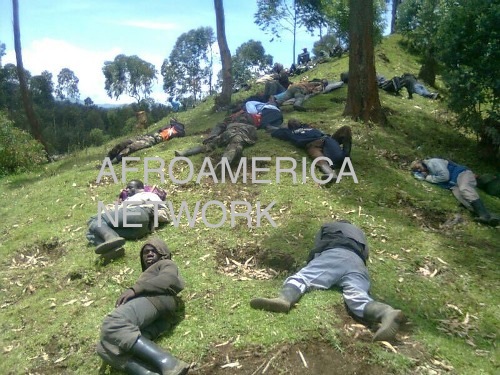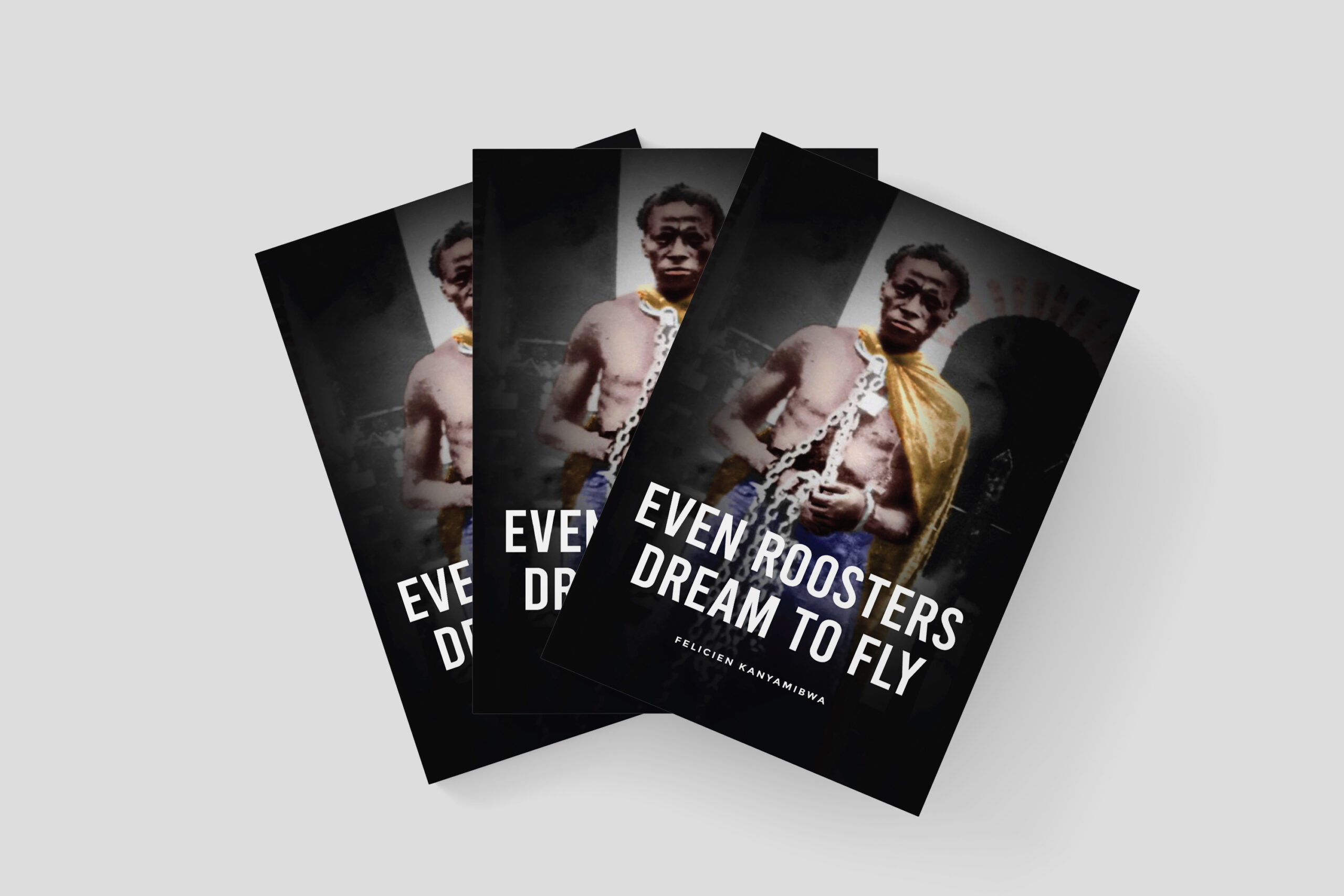In our previous discourses titled the Dilemma of Dictators Part I and Part II, we contrasted a few African dictators with a figure from the Hebrew Bible and looked at the dilemmas faced by dictators. We then put forward propositions on how to overcome the dilemmas. Since then, a lot happened. Laurent Gdagbo of Ivory Coast is history. Muammar Gaddafi of Libya is on his way out. Ali Abdullah Saleh of Yemen has been out of the country for 10 weeks, after being seriously injured during an uprising. Bashar Al-Assad of Syria appears to be next head to fall. Yoweri Museveni of Uganda faces a growing popular uprising and in the neighboring Democratic Republic of the Congo, planned rigged elections are threatened by more violence, especially if Joseph Kabila, who changed the constitution, maintains himself in power.
The question we asked and continue to ask is: why do dictators postpone the inevitable to end up being forced out in bloodshed?
In this third part, we urge dictators to break the cycle of violence and fade away in peace, instead of being haunted by ghosts of crimes for years n dark cells, if not killed in the process, suffering the fate of the Samuel Doe’s. The solutions we proposed in the two previous discourses are simple and easy to implement. The premises of our solutions were summarized in a few steps. Dictators need to:
- Ask themselves why they sought power in the first place.
- Remember that their predecessors were also once as mighty.
- Remember that is takes more courage to sit with the opposition figures than to assassinate, try to fight or impose violence on them. It takes even more courage to work with the genuine opposition than to be surrounded by cronies, relatives, and the likes.
One of the notorious African dictators, Yoweri Museveni, agreed with us in his statement “Libya Needs Dialogue. “ (see our articles: The Dilemma of Dictators Part I and Part II,). He outlined his approach to resolving the conflict and hence preempting the fate faced by Muammar Gaddafi, Bashar Al-Assad, Laurent Gdagbo and the likes. As a disclaimer, we do not think Yoweri Museveni has followed his own advice. However, at least he gave a cannon feeder to the Ugandan opposition leaders who would like to take him at his own words.
According to Yoweri Museveni, dictators need to sit and negotiate with the opposition before it becomes an insurrection and competitive multi-party systems and strong institutions are the inevitable way forward. Yoweri Museveni insists that dialogue with the true opposition, including an armed opposition remains paramount.
Now, why do dictators think they may get away with repressing or suppressing the opposition and the popular aspirations instead of listening, changing where needed and subjecting themselves to the will of the people?
Perhaps because they do not ask themselves why they are in power, do not remember they are just mortals and assume they are the only option the people have. When they come to their senses, it is often too little too late.
Suppose the following had happened:
- Laurent Gbagbo could have said: “OK, I know I won elections. But because the power belongs to the people and the people want me to go, I go.” He would be a free hero by now and his wife will be ready to contest the next elections. Instead he chose to fight on against all odds, was captured like a rat and nobody knows what will be the fate of him, his wife and his son.
- Muammar Gaddafi could have said at the onset: “You, the opposition. Libya belongs to all of us. Let us sit, talk about your aspirations. If it appears that Libya will be well off without me, I am ready to step aside. In any case, I am committed to change.” He would have left power on his terms to enjoy his massive wealth. Instead he ignored the opposition plea, underestimated the resolve of the super powers and chose to fight on, losing his son in the process. Now, he is about to leave power covered by shame, if he and his remaining sons and daughters survive.
- Bashar Al-Assad had until a week ago the chance to say: “OK, enough bloodshed among the Syrians. You want reforms. I do too. Let us get together and talk about what needs to be changed.” He could have been hailed as a reformer and probably earn more years of power. Instead, his troops tortured and killed small boys, insurgency is growing and superpowers have decided to coalesce against him. He is now a gone case.
Now, why dictators and would be dictators do not learn from these cases. Why Yoweri Museveni has failed to open a dialogue with the leaders of Ugandan People Congress (UPC), FDC, the Lord Resistance Army (LRA) and the Allied Defense Forces (ADF-NALU). During the dialogue, it will be decided by Ugandans how crimes committed by LRA and ADF-NALU leaders will be handled. Anyway, Yoweri Museveni himself, despite his good rhetoric, is not an angel. He will have to account for the Luwero triangle massacres committed by the Rwandans fighting under his command.
In the same vein, why General Paul Kagame of Rwanda does not sit with the unarmed opposition of FUD, RNC, PS Imberakuri, Gree Party, but also with the Democratic Liberation Forces of Rwanda (FDLR), Rally for Unity and Democracy (RUD-Urunana), Rally for the Rwandan People (RPR), and the alleged Kayumba-Karegeya armed group. Crimes attributed to FDLR leaders will be covered during the dialogue. So will be the crimes of genocide and crimes against humanity and war crimes attributed to General Paul Kagame and his army by the United Nations and the French and Spanish courts.
Why Joseph Kabila, instead of changing the constitution, does not let the electoral process take its course?
Why Abdulaye Wade of Senegal instead of seeking to violate the constitution, does not let the electoral process take its course?
Why postponing the inevitable?
Felicien Kanyamibwa, PhD, MqBA
© August 2011. AfroAmerica Network.









